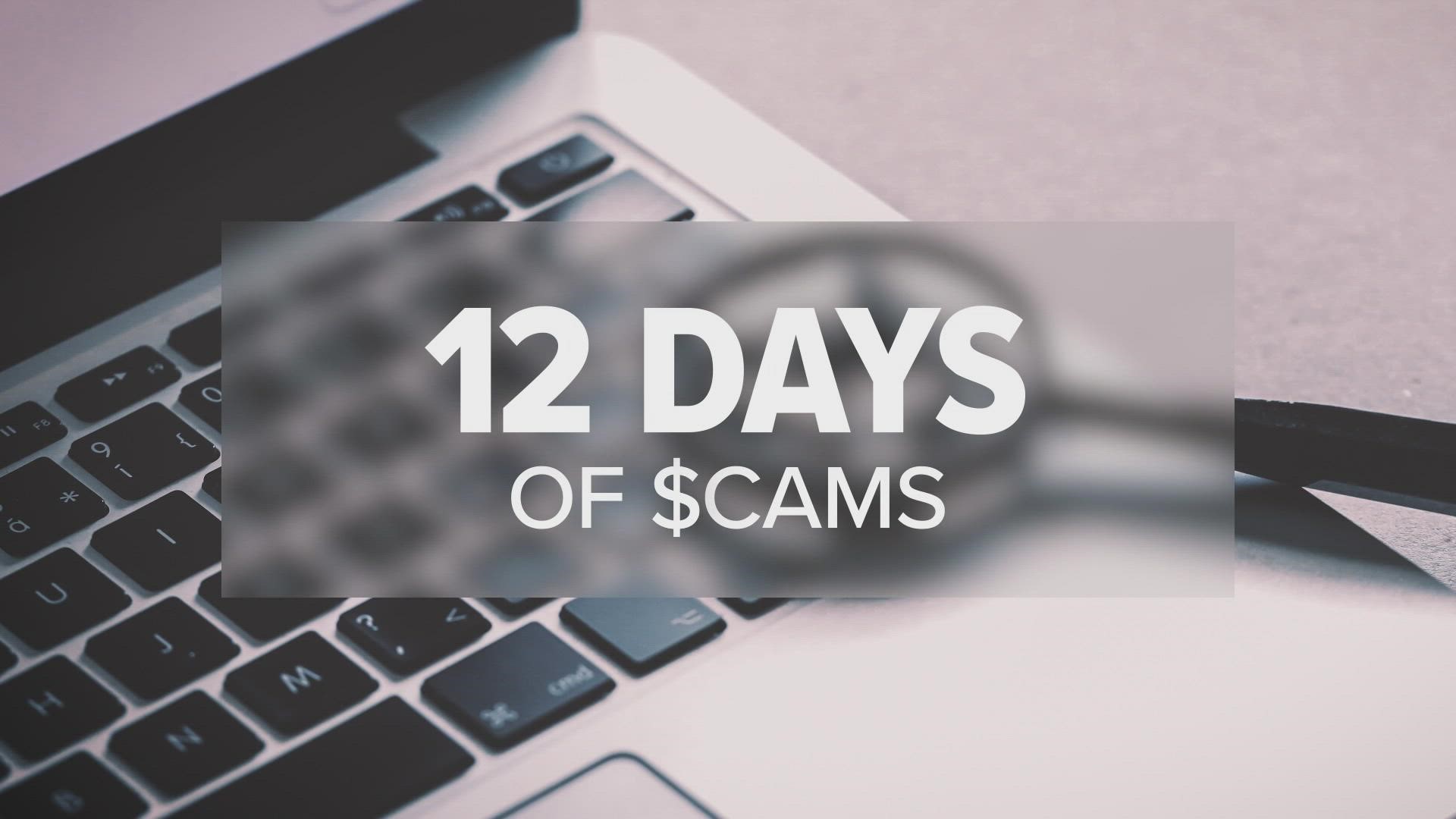KNOXVILLE, Tenn. — Opening messages from companies, services and stores is second nature, but email inboxes are a scammer's playground.
It's important to slow down, process the information you are reading and not make any hasty decisions when receiving unsolicited links, emails and texts. Tony Binkley, the president and CEO of the Better Business Bureau serving greater East Tennessee says scammers love to pose as companies.
It's a tactic used to trick you into thinking your account has been hacked.
"You may get a text or an email or something that your Amazon account or your PayPal account or something has been compromised, and you need to click this link or something like that to restore it," Binkley said.
The links and numbers inside the message may be misleading.
"Don't ever click on those unsolicited links, and don't call the phone numbers in there," Binkley said.
The best avenue to take to ensure you're getting information from a legitimate company is going directly to the source.
"Call that company directly," Binkley said. "Don't trust the phone number or the link that's in the text or the email, [if it's from your credit card company,] make sure you take out your credit card and call the number on the back of the card, so you know you're going to the right place."
Be careful if you turn to Google to look up that contact info, though.
"Because usually the top two or three searches are paid ads, and sometimes scammers will even pay for the ads to be there so they can get you to go to the wrong phone number or the wrong website," Binkley said.
There are some tell-tale signs a message may be phishing.
"In these unsolicited emails or texts, you might see even misspelled words in a short text, or something just doesn't sound right," Binkley said. "So look for misspellings, look for odd language."
You can even hover over a link on your computer without clicking on it to see where it is headed.
"You can do the same thing with emails on a phone, you can long press on it and hold and it'll pop up the link that it's going to go to," Binkley said.
Overall, be careful with any unsolicited links, emails or texts. Scammers just want your information, money and time.
The Better Business Bureau offers tips to avoid scams during the holidays. Click here to learn more.

